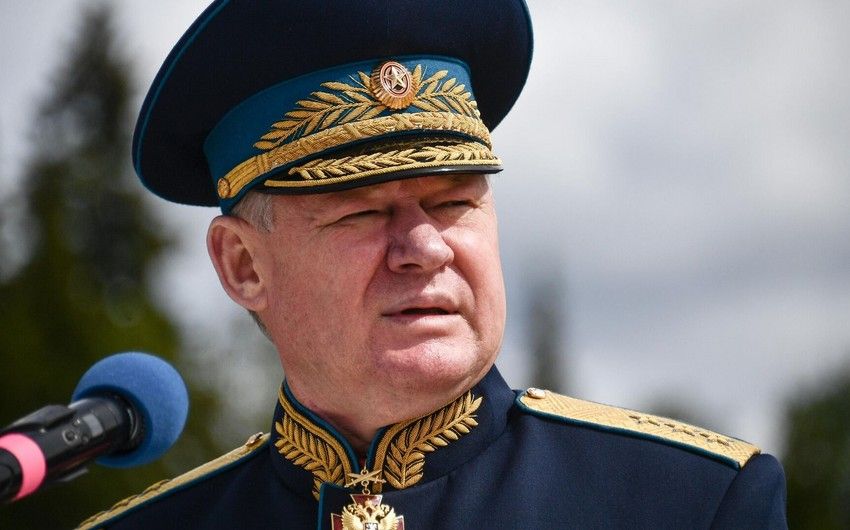CSTO: West trying to increase its influence in South Caucasus

The situation remains tense in the Central Asia region and the South Caucasus, Azernews reports, citing Andrey Serdyukov, the head of the Collective Security Treaty Organization (CSTO) Joint Headquarters, as he said during a briefing.
He noted that the situation in the South Caucasus is complicated due to the West's desire to increase its influence and unresolved territorial issues.
"In the Central Asia region, risks and challenges related to international terrorism, extremism, and the illegal spread of weapons, narcotics, and psychotropic substances remain at a high level. This poses a major threat to stability in the member states of the organization," he noted.
The Collective Security Treaty Organization (CSTO) is an intergovernmental military alliance in Eurasia consisting of six post-Soviet states: Belarus, Kazakhstan, Kyrgyzstan, Russia, Armenia, and Tajikistan, formed in 2002. The Collective Security Treaty has its origins in the Soviet Armed Forces, which was replaced in 1992 by the United Armed Forces of the Commonwealth of Independent States and was then itself replaced by the successor armed forces of the respective independent states.
Similar to Article 5 of the North Atlantic Treaty and the Inter-American Treaty of Reciprocal Assistance, Article 4 of the Collective Security Treaty (CST) establishes that an aggression against one signatory would be perceived as an aggression against all. The 2002 CSTO charter reaffirmed the desire of all participating states to abstain from the use or threat of force. Therefore, signatories are prohibited from joining other military alliances.
---
Follow us on Twitter @AzerNewsAz
Here we are to serve you with news right now. It does not cost much, but worth your attention.
Choose to support open, independent, quality journalism and subscribe on a monthly basis.
By subscribing to our online newspaper, you can have full digital access to all news, analysis, and much more.
You can also follow AzerNEWS on Twitter @AzerNewsAz or Facebook @AzerNewsNewspaper
Thank you!

